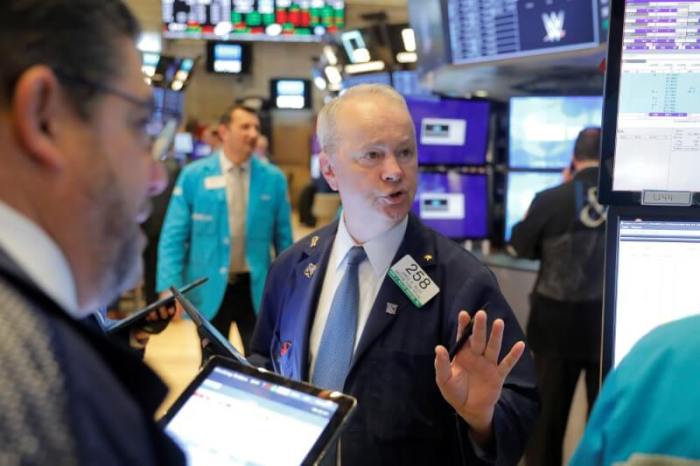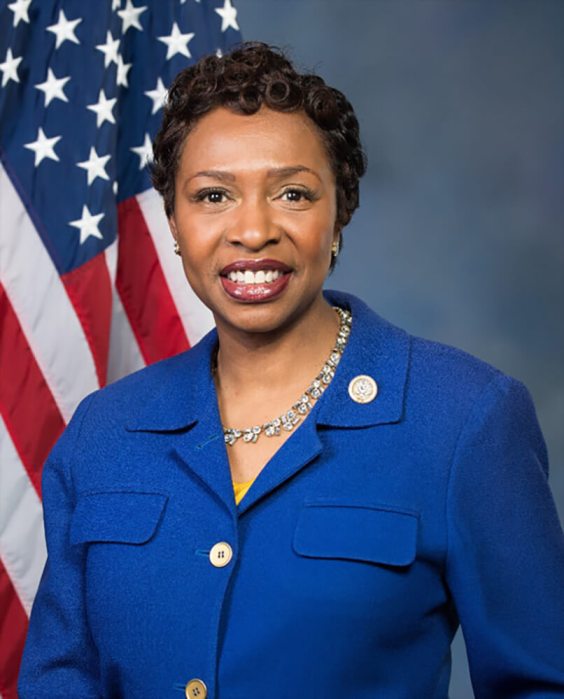By William Schomberg
LONDON (Reuters) – Britain’s new finance minister Rishi Sunak will pledge billions of pounds to fight the impact of the coronavirus outbreak after the Bank of England slashed interest rates on Wednesday in a choreographed double-barrelled stimulus package to stave off the risk of a new recession.
Sunak, in the job for less than a month, will deliver the first budget of Prime Minister Boris Johnson’s government against a backdrop of slumping markets and a rush by global policymakers to pump more stimulus into their economies.
He told ministers on Wednesday that his budget, alongside measures set out by the Bank of England, would make Britain “one of the best placed economies in the world” to tackle the impact of coronavirus.
The tax-and-spending plan – which Sunak will announce in parliament at around 1230 GMT – has been billed as a chance for Johnson to direct investment towards poorer regions, where voters helped him to a big election victory in December.
Britain’s economy unexpectedly flat-lined in January even before the impact of the coronavirus kicked in, according to official data.
The Bank of England cut its key rate by half a percentage point, introduced a new programme for cheap credit and reduced a special capital buffer to give banks more room to lend.
“This is a big package. It’s a big package. It is a big deal,” Governor Mark Carney said, adding that the BoE’s measures were equivalent to “north of 1%” of economic output.
He said the Bank was coordinating with the government to have “maximum impact”.
FISCAL RULES
A jump in public investment over the next five years, to what Sunak says are levels not seen since 1955, represents a turning point for the world’s fifth-biggest economy after a decade of austerity to narrow its budget deficit.
But with Johnson’s government now focusing on how to cope with an expected jump in coronavirus cases, Sunak has new spending priorities that could force him to relax the government’s self-imposed borrowing rules.
The 39-year-old former Goldman Sachs analyst has also said he will help companies cope with a cash-flow crunch if their workers and customers stay at home in large numbers.
Possible measures included deferment of tax payments. Sick pay rules might be changed to help more workers.
Britain is likely to issue the highest amount of public debt in almost a decade over the coming financial year, according to a Reuters poll of dealers.
However, Britain is facing a short-term economic impact from coronavirus, Elizabeth Martins, an economist at HSBC, said.
“Providing stimulus will not get people out to restaurants and the cinema if they are staying at home to avoid infection,” Martins said.
Investors are also worried about the risk of Britain and the European Union failing to secure a post-Brexit trade deal which would deliver a shock to the economy later this year.
But given the scale of alarm over coronavirus, Sunak is expected to loosen the government’s fiscal rules to give himself more room to increase spending on public services.
Sunak told the Sunday Telegraph that he was studying “with interest” proposals to reclassify some day-to-day spending as public investment, which faces a less restrictive rule.
So far, investors have shown no let-up in demand to buy British debt as demand for safe-haven government bonds soars around the world while coronavirus spreads.
British gilt yields hit record lows this week and the benchmark two-year yield turned negative for the first time.
(Writing by William Schomberg; additional reporting by Andy Bruce and David Milliken, Editing by William Maclean)





















